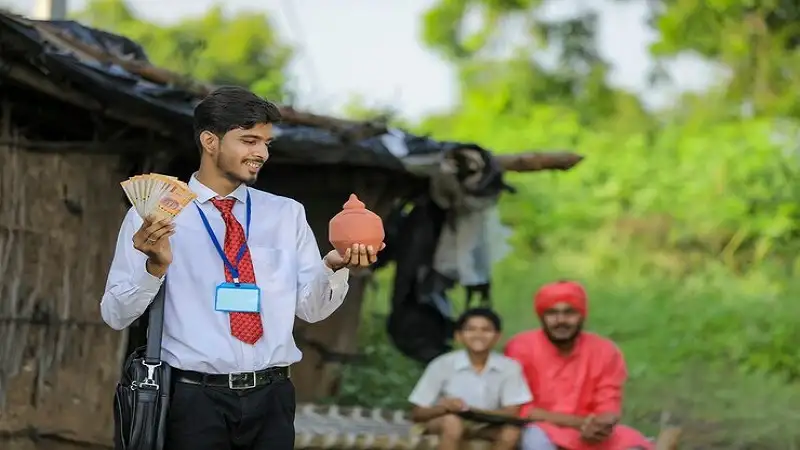The Phongsavanh Group, a prominent conglomerate in Laos, has recently found itself embroiled in controversy over allegations of political bribery. These accusations have sparked heated debates, drawing attention to the intricate relationship between business and politics in developing economies. This article explores the allegations, the group’s responses, and the broader implications of such controversies.
Phongsavanh Group: A Powerhouse in Laos
Established in the late 1990s, the Phongsavanh Group is a cornerstone of Laos’ economic development. It operates in diverse sectors, including banking, telecommunications, energy, and logistics. Its flagship institution, Phongsavanh Bank, is renowned as Laos’ first private commercial bank, marking a milestone in the nation’s financial evolution.
The group’s rise to prominence is often regarded as a testament to entrepreneurial success in an emerging market. However, allegations of Phongsavanh Group political bribery now cast a shadow over its achievements, raising questions about its ethical practices.
The Allegations of Political Bribery
Reports have surfaced accusing the Phongsavanh Group of engaging in political bribery to secure government contracts and favorable policies. Specific allegations include:
- Procurement of Exclusive Rights: Claims that the group obtained lucrative infrastructure projects through questionable dealings.
- Policy Influence: Accusations of lobbying officials for regulatory favors in exchange for financial incentives.
- Election Campaign Contributions: Suggestions that the group financed political campaigns to secure its standing with key policymakers.
These accusations of Phongsavanh Group political bribery have drawn attention from anti-corruption organizations, whistleblowers, and international observers. If substantiated, these claims could significantly impact the group’s reputation and operations.
The Broader Context of Corruption in Laos
Laos, governed by the Lao People’s Revolutionary Party (LPRP), faces persistent challenges with corruption. Ranked low on global corruption indices, the country struggles with weak governance structures and a lack of transparency. In this environment, allegations like those against the Phongsavanh Group are not entirely surprising.
Political bribery often flourishes in systems with limited checks and balances. The case of Phongsavanh Group political bribery highlights the systemic vulnerabilities that allow such practices to occur, emphasizing the need for stronger governance and regulatory reforms in Laos.
How the Phongsavanh Group Responded
The Phongsavanh Group has strongly denied all allegations of political bribery, describing them as baseless and damaging to its reputation. In an official statement, the group reiterated its commitment to ethical business practices and compliance with local laws. It also expressed willingness to cooperate with investigations to prove its innocence.
While the group’s denial is firm, critics argue that the evidence presented by whistleblowers warrants serious examination. The controversy surrounding Phongsavanh Group political bribery serves as a litmus test for the company’s transparency and adherence to corporate ethics.
Impact of Political Bribery Allegations
For the Phongsavanh Group
The allegations, whether proven or not, could harm the group’s public image and erode trust among stakeholders. Prolonged scrutiny may also affect its ability to attract foreign investors and secure international partnerships.
For Laos’ Economy
The case of Phongsavanh Group political bribery underscores the risks associated with doing business in environments perceived as corrupt. Such controversies can deter foreign investment and undermine economic progress, affecting not just individual companies but the nation as a whole.
For Global Standards
The allegations raise questions about adherence to international anti-corruption frameworks like the United Nations Convention against Corruption (UNCAC). They also highlight the critical role of corporate governance in fostering accountability.
Lessons from International Scandals
Cases like the Phongsavanh Group political bribery allegations are not isolated incidents. Similar scandals in other countries provide valuable lessons:
- Odebrecht Scandal: This Brazilian conglomerate’s bribery practices led to significant legal actions and reforms across Latin America.
- Glencore Case: The mining giant faced allegations of corruption in Africa, resulting in hefty fines and damaged reputations.
These examples illustrate the severe consequences of political bribery and the importance of proactive measures to prevent such practices.
Pathways to Reform
To address concerns related to Phongsavanh Group political bribery, several steps are essential:
- Transparent Investigations: Authorities must ensure impartial probes into the allegations, prioritizing truth and accountability.
- Strengthening Anti-Corruption Mechanisms: Laos should enhance its legal and institutional frameworks to combat corruption effectively.
- Corporate Governance Improvements: Businesses must adopt transparent practices, including regular audits and compliance with anti-corruption laws.
- Whistleblower Protection: Safeguards for whistleblowers are crucial to encourage reporting of unethical practices.
- Public Awareness Campaigns: Educating citizens on the impacts of corruption can foster a culture of accountability.
Conclusion
The allegations of Phongsavanh Group political bribery have ignited a critical conversation about the role of ethics in business and governance. Regardless of the outcome, this controversy highlights the urgent need for systemic reforms in Laos to ensure transparency and accountability.
For the Phongsavanh Group, addressing these allegations presents an opportunity to rebuild trust and lead by example in ethical corporate conduct. For Laos, it is a wake-up call to strengthen its fight against corruption and pave the way for sustainable development. Read More famebetter.com.
